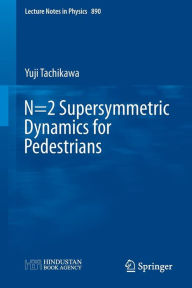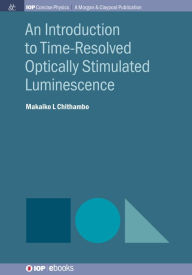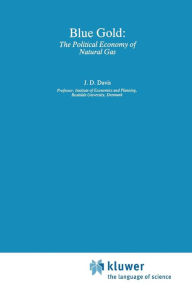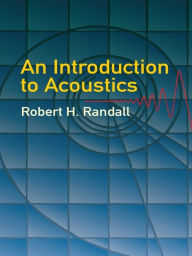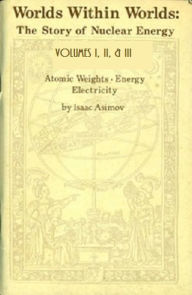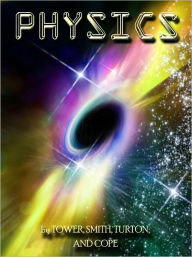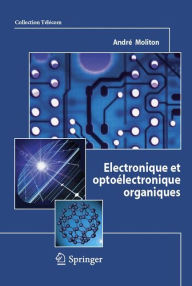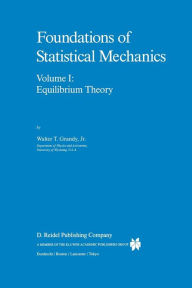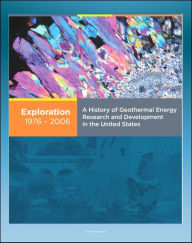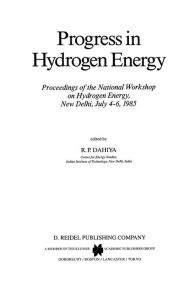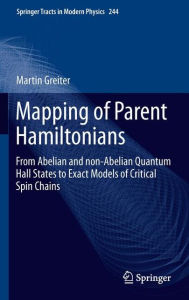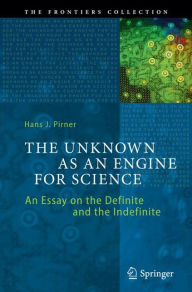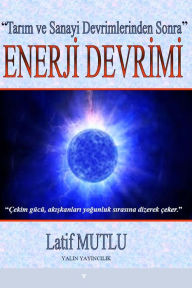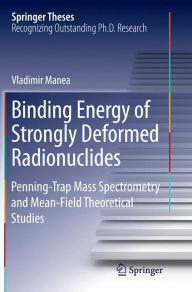N=2 Supersymmetric Dynamics for Pedestrians
by Yuji Tachikawa
2020-04-20 04:37:12
N=2 Supersymmetric Dynamics for Pedestrians
by Yuji Tachikawa
2020-04-20 04:37:12
Understanding the dynamics of gauge theories is crucial, given the fact that all known interactions are based on the principle of local gauge symmetry. Beyond the perturbative regime, however, this is a notoriously difficult problem. Requiring invari...
Read more
Understanding the dynamics of gauge theories is crucial, given the fact that all known interactions are based on the principle of local gauge symmetry. Beyond the perturbative regime, however, this is a notoriously difficult problem. Requiring invariance under supersymmetry turns out to be a suitable tool for analyzing supersymmetric gauge theories over a larger region of the space of parameters. Supersymmetric quantum field theories in four dimensions with extended N=2 supersymmetry are further constrained and have therefore been a fertile field of research in theoretical physics for quite some time. Moreover, there are far-reaching mathematical ramifications that have led to a successful dialogue with differential and algebraic geometry.These lecture notes aim to introduce students of modern theoretical physics to the fascinating developments in the understanding of N=2 supersymmetric gauge theories in a coherent fashion. Starting with a gentle introduction to electric-magnetic duality, the author guides readers through the key milestones in the field, which include the work of Seiberg and Witten, Nekrasov, Gaiotto and many others. As an advanced graduate level text, it assumes that readers have a working knowledge of supersymmetry including the formalism of superfields, as well as of quantum field theory techniques such as regularization, renormalization and anomalies.After his graduation from the University of Tokyo, Yuji Tachikawa worked at the Institute for Advanced Study, Princeton and the Kavli Institute for Physics and Mathematics of the Universe. Presently at the Department of Physics, University of Tokyo, Tachikawa is the author of several important papers in supersymmetric quantum field theories and string theory.
Less


